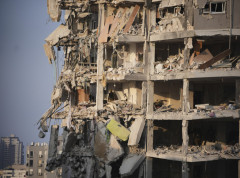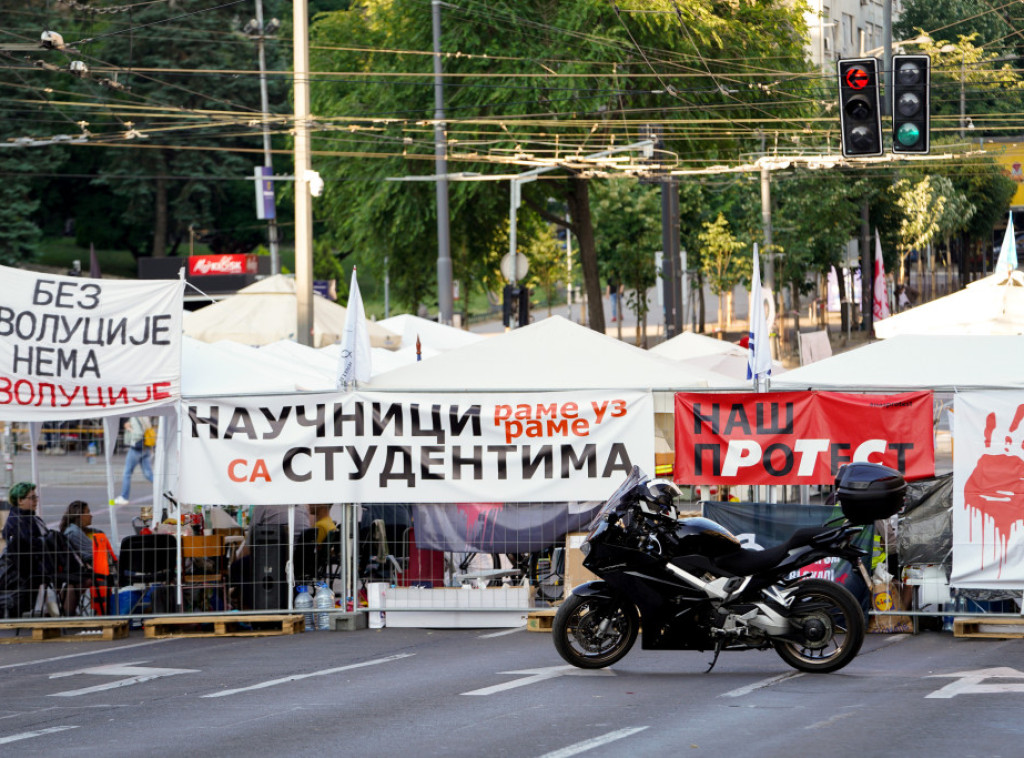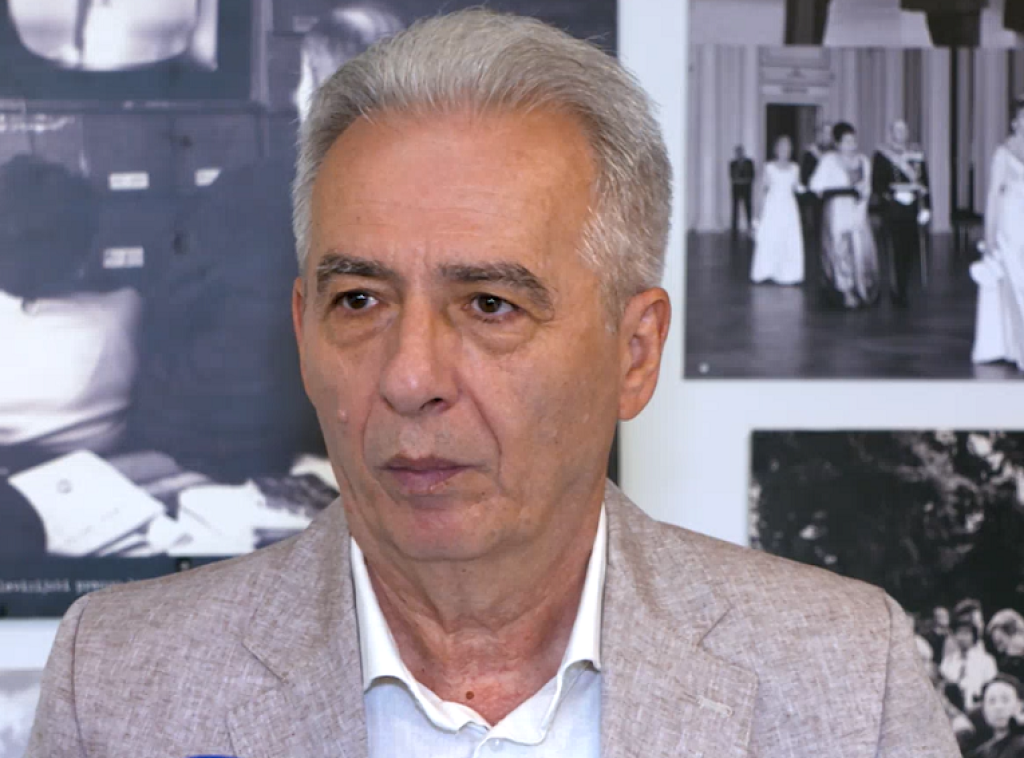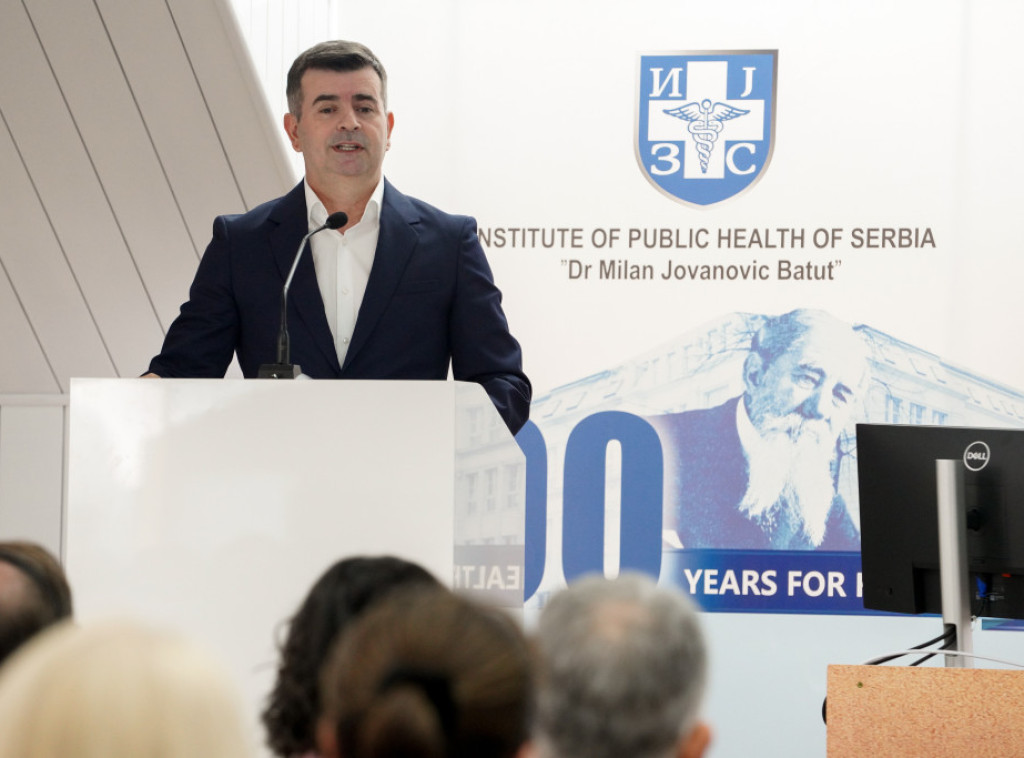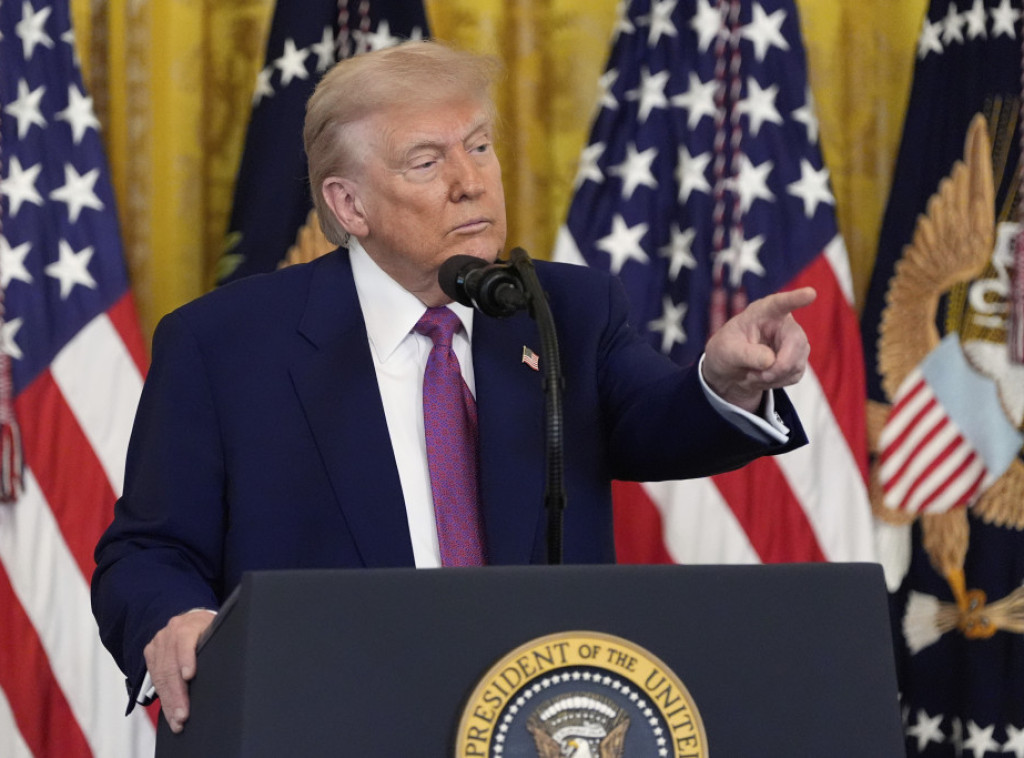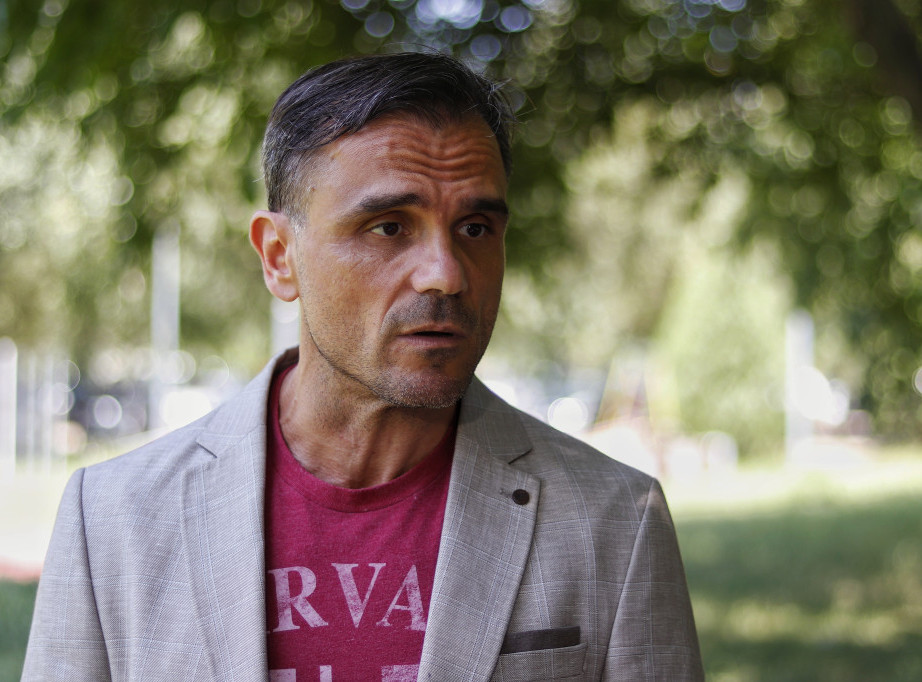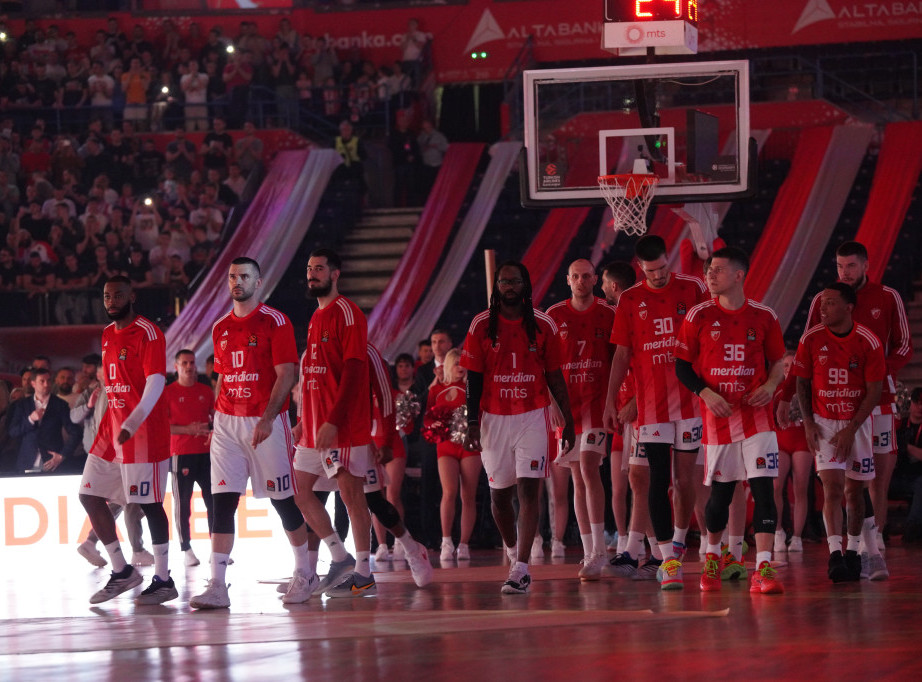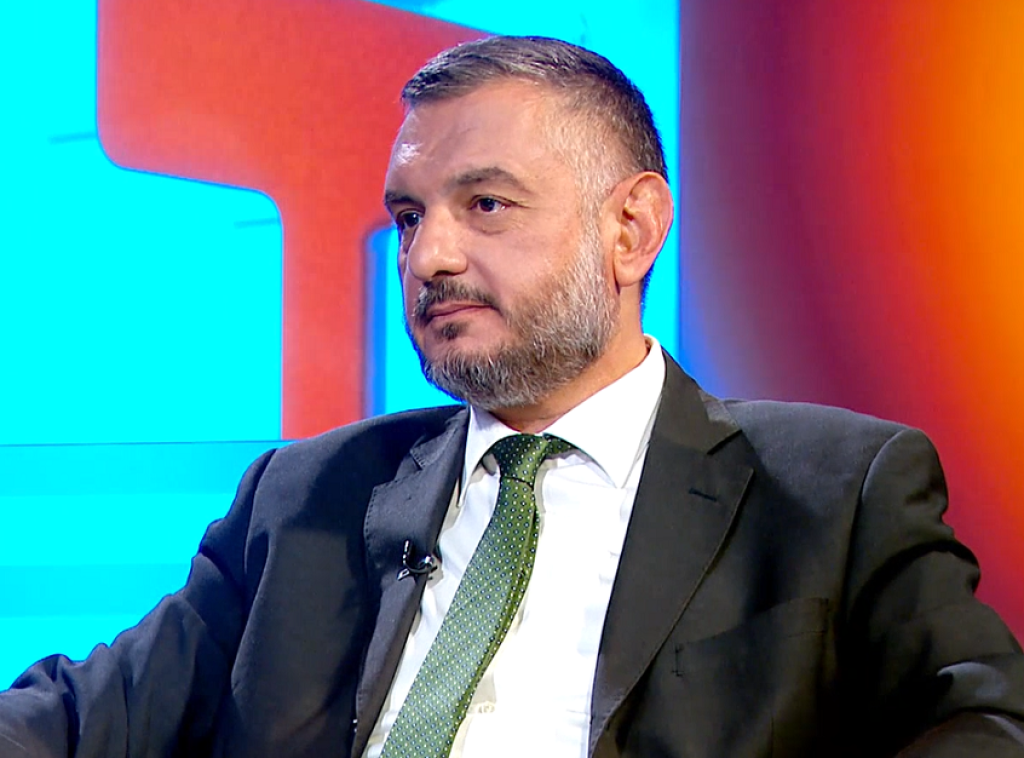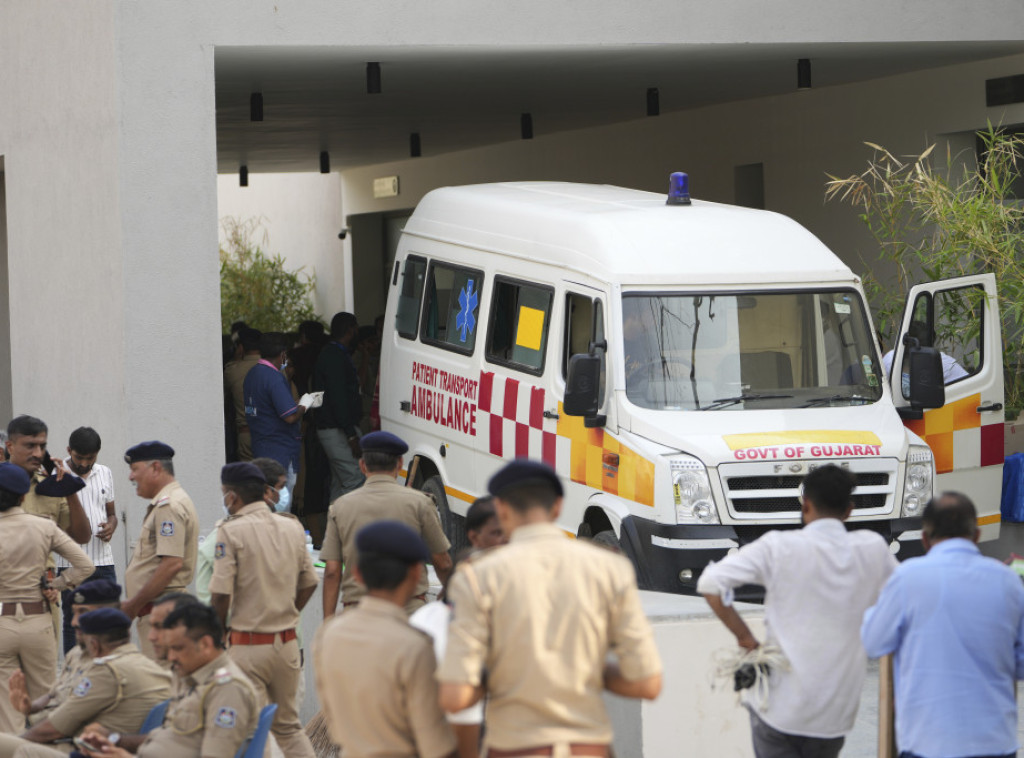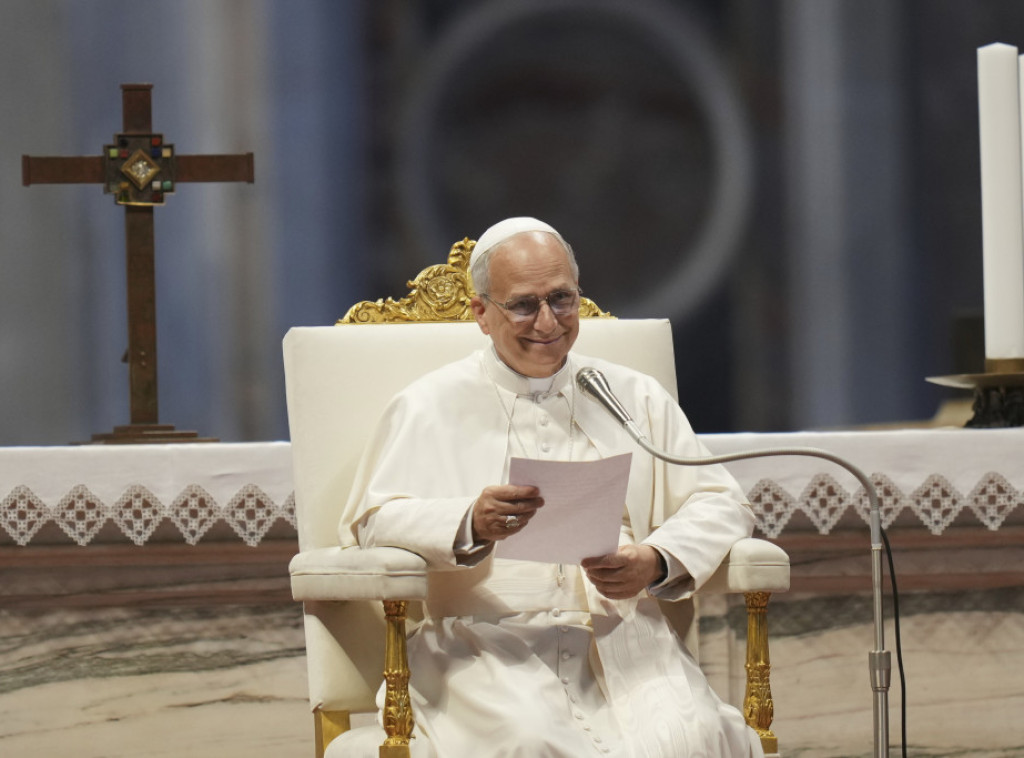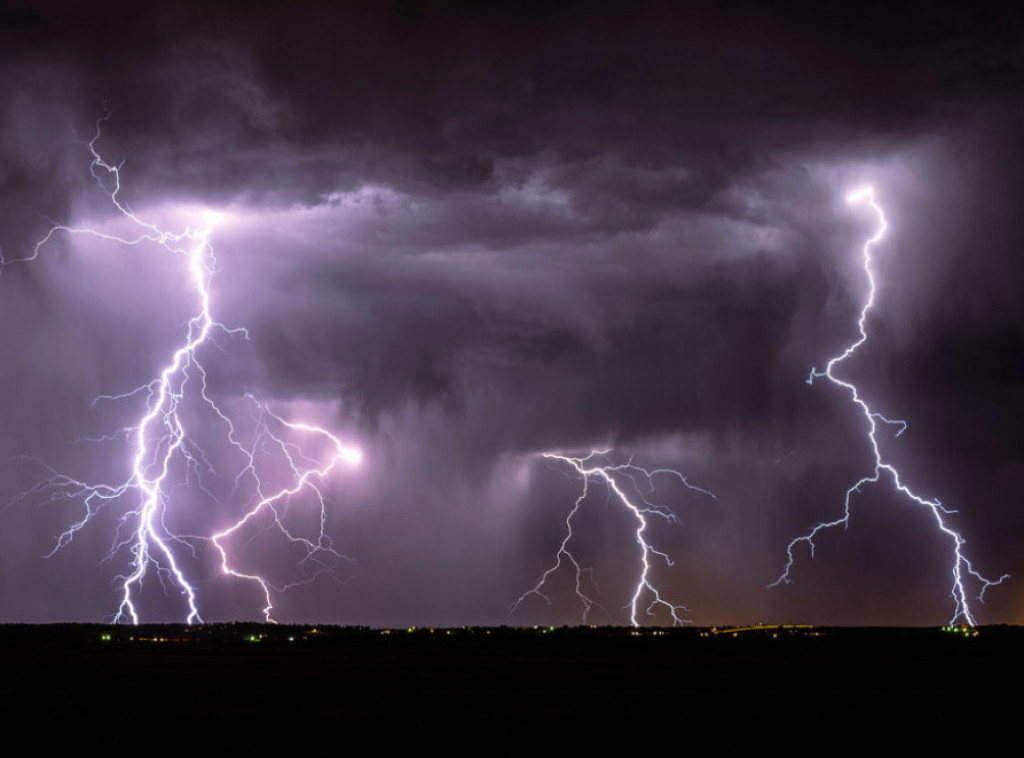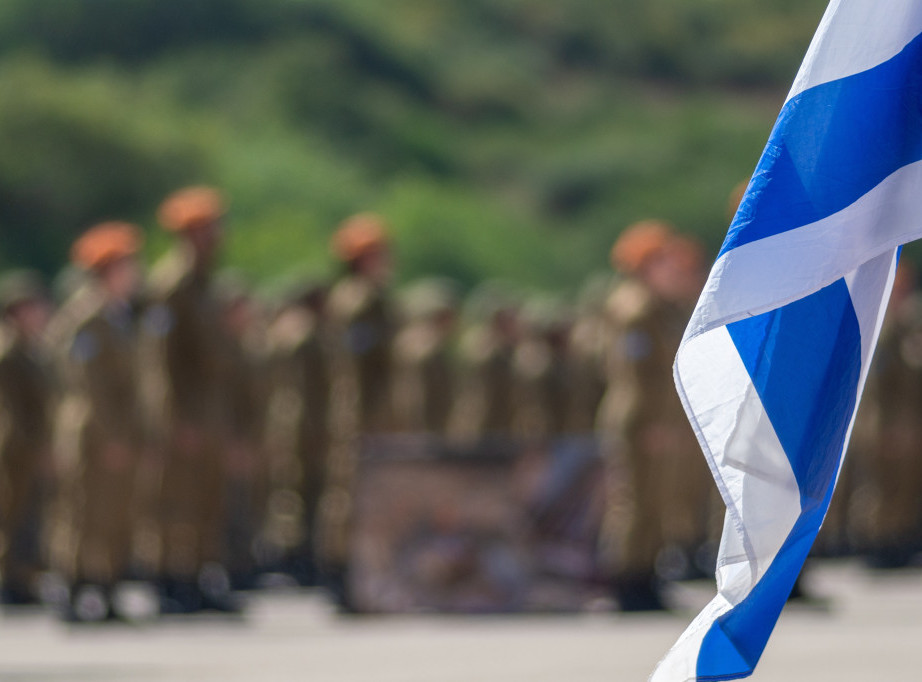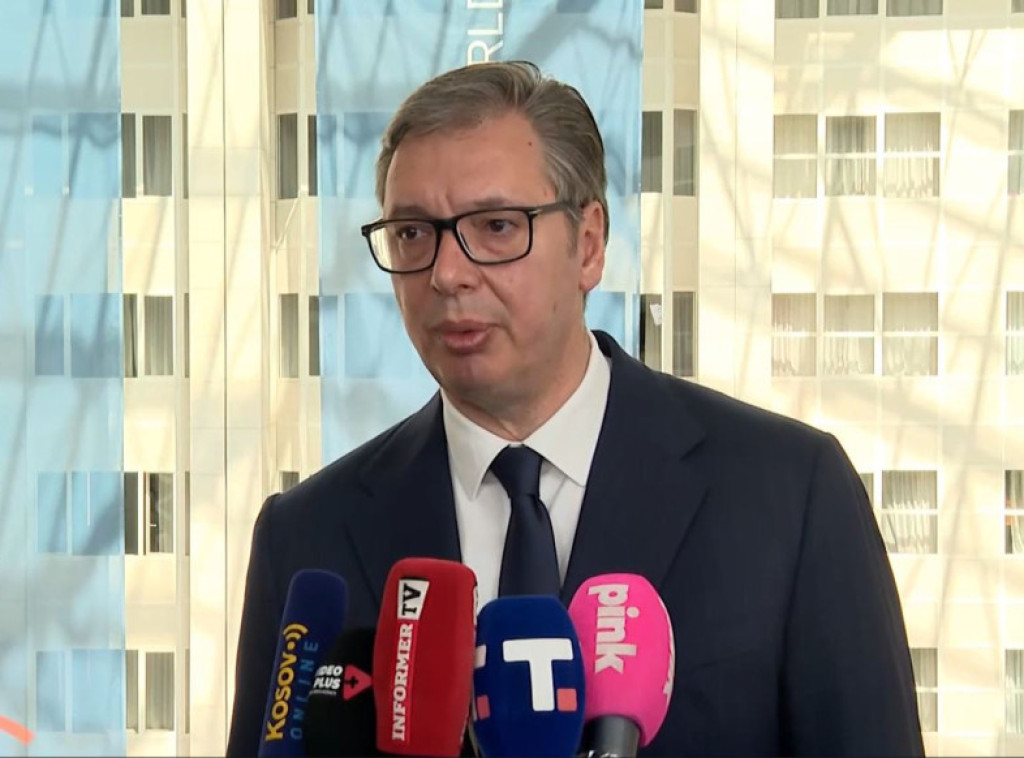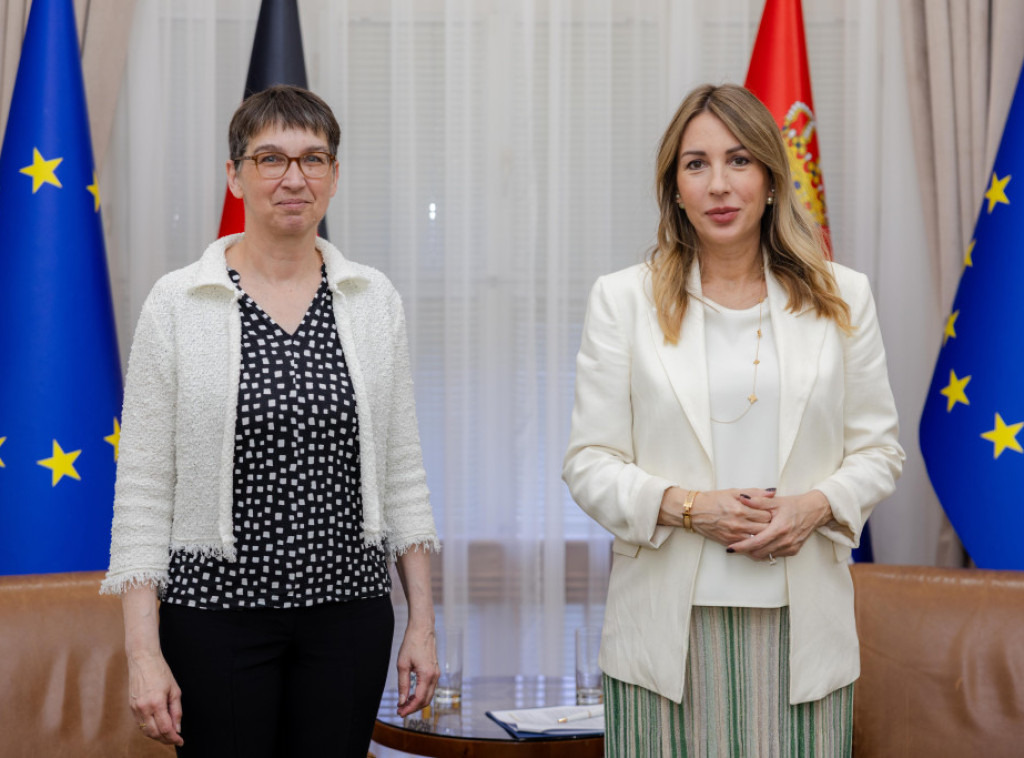Israeli President Isaac Herzog stated that Israeli attacks on Iran aim to protect world peace and change the reality in the Middle East, especially in the context of Iran’s nuclear program. Israeli Prime Minister Benjamin Netanyahu emphasized that the goal is to eliminate the nuclear threat of the Iranian regime, not the Iranian people, calling on the Iranian people to unite against the regime. Iranian attacks on Israeli cities, including Tel Aviv and Jerusalem, are a response to Israeli airstrikes on Iranian nuclear and military targets. German Chancellor Friedrich Merz stressed that Iran must not possess nuclear weapons and called for diplomatic solutions, while former US President Donald Trump called for peace and bilateral agreements between Iran and Israel. The conflict has casualties and injured on both sides, and the international community is watching the situation with concern and calling for de-escalation.
Political Perspectives:
Left: Left-leaning sources tend to emphasize the humanitarian impact of the conflict, highlighting civilian casualties and the risks of escalation. They often call for diplomatic solutions and criticize military actions that increase tensions. The narrative may include skepticism about military interventions and stress the importance of dialogue and peace efforts.
Center: Center-leaning sources focus on the security concerns of Israel regarding Iran’s nuclear program and the legitimacy of Israel’s right to defend itself. They report on the military actions and diplomatic efforts with a balanced tone, acknowledging the complexity of the conflict and the need for both security and peace. They highlight statements from leaders on both sides and international reactions.
Right: Right-leaning sources emphasize the existential threat posed by Iran’s nuclear ambitions and support Israel’s military actions as necessary for regional and global security. They often frame Iran as a destabilizing force and stress the importance of strong defense measures. The narrative supports Israel’s right to preemptive strikes and may criticize diplomatic efforts as insufficient or naive.
